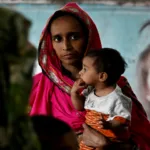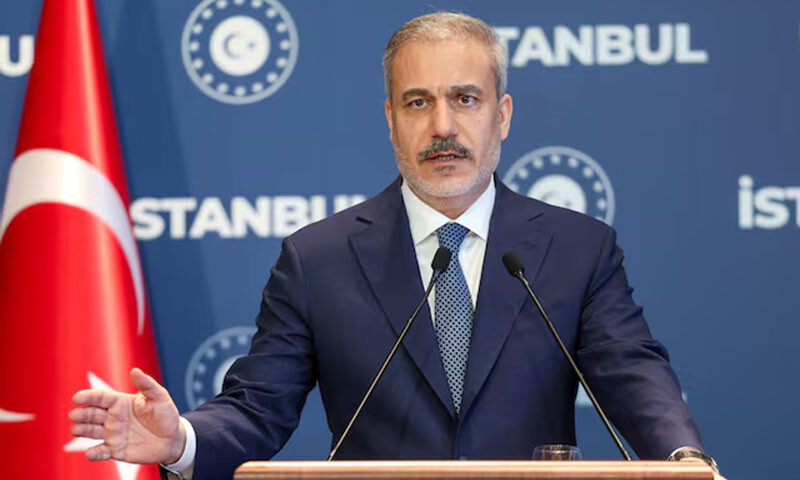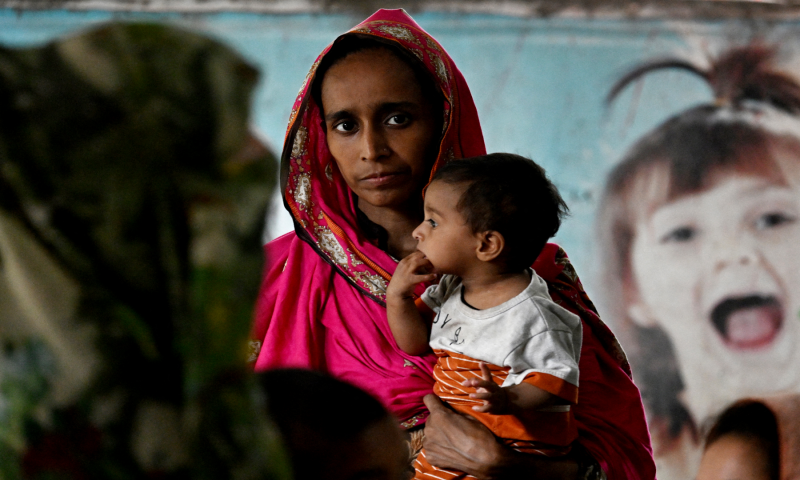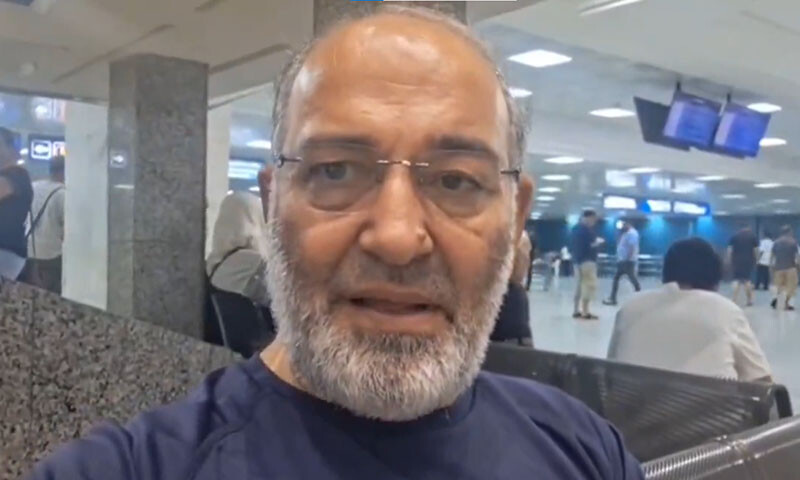Pakistan, where press freedom has remained perpetually under curbs and the media landscape faces multiple challenges, has been excluded once again from the Reuters Institute for the annual report of the study of journalism (RISJ): a northern star to obtain information about the state of the media industry.
The RSIJ digital news report, a research center at the University of Oxford, sheds light on trends in global digital media and offers the most complete snapshot of how they are consumed, trust, pay, pay technology worldwide.
The last report, published last week, included data from six continents and 48 markets.
The 14th report found that the dependence on social networks and video platforms is growing and that in some countries, influencers are playing an important role in the configuration of debates.
Experts say that challenges such as the media, lack of innovation make it more important to study the nation’s information.
He revealed that the news podcasts are reaching younger and better educated users and that Tiktok is the social network and fastest growing videos.
The AI chatbots have become a key news source, and digital subscriptions remain a challenge for media companies.
Pakistan exclusion
Since the beginning of the report, Pakistan has not been surveyed.
Asad Baig, coach and media strategist, called the absence of “strange” Pakistan.
“Pakistan has an important Internet penetration. The type of digital income that is generated through advertisements and monetization of Pakistani viewers is substantial,” said Baig, who is also the founder of Media Matters For Democracy.
“Social networks are one of the largest news sources in this report, and Pakistan is actively dealing with that at this time. It would have been incredibly useful to include Pakistan in demography.”
Baig emphasized population size, Internet users and commitment rates make Pakistan “an important player” in the global media panorama.
In his prologue for the report, Mitali Mukherjee, the director of RISJ, said that the Institute’s approach remained in countries with high internet penetration since the responses for the report were collected through online surveys.
“For each metric, we meet the criteria. This research would be invaluable to us. I am quite disappointed,” Baig said.
The activist and lawyer of digital rights Nighat Dad also rejected the absence of Pakistan of the report.
She said that the exclusion coincided with the “increase in geopolitical tensions and the dynamics of changing digital news, especially with the growing role of influential and youtubers.”
The journalist Shahzeb Jillani said that the inclusion of Pakistan as a market is vital given the country’s media.
Jilani, who is also the director of the Center for Excellence in Journalism in Karachi, said that the business models of media houses depend largely on government ads and “still prioritize television news on other platforms … [even when] Public disconnection with television news growing. ”
“Media organizations are silently adapting AI tools, apparently for jobs and efficiency cuts. And yet there has been almost no conversation throughout the industry about the ethical or problematic use of AI in our writing rooms,” he said.
Answering the questions sent by Sunrise By email, Mrs. Mukherjee said countries are included in the report based on “financial support” there.
“We are always looking for ways to improve and increase our scope, particularly in a region as important as southern Asia,” he told Sunrise.
When asked who takes the initiative to include a market in the survey, Mrs. Mukherjee said that the first step would be to evaluate the viability of conducting an online survey in a particular country and the second would be to connect with the interested parties and the financiers of the industry.
He also noted that Serbia has been included in the 2025 report for the first time, thanks to a new sponsor, which highlights the need for a Pakistan sponsor if the country were included in the survey.
Lack of significant research
JAHANZAIB HAQUE, Digital Director and Editor of NuktaHe pointed out that Pakistan is a challenging market for institutions such as RISJ to do research, since the country “in general does not invest in research or transparency of data.”
He said there was a lack of researchers who could carry out this study. “[E]Come if you try, it will be difficult to obtain significant results because the media are not transparent. “
“The conglomerates are reagents, politically motivated and simply lack transparency. I can see why Reuter would be difficult to get a couple here,” he added.
Posted in Dawn, on June 22, 2025









